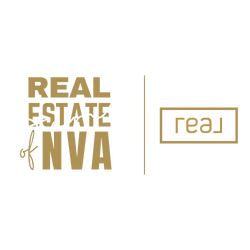Even a house that looks perfect can have serious structural issues. Before closing on your home, it’s important that you be made aware of any possible problems that either you or the seller will need to fix. A pre-inspection is your chance to walk through the home with a trusted professional who can point out issues with the property.
Sometimes, your pre-inspection report will only list some minor repairs needed to get the home into great shape. In other cases, though, you may find yourself facing some serious problems. If you’re in love with the home, you can always try to negotiate with the seller to pay for the repairs or reduce the price of the property. However, there are some defects in a home that are usually more trouble than they’re worth. Here are five red flags that should make you reconsider closing on a home:
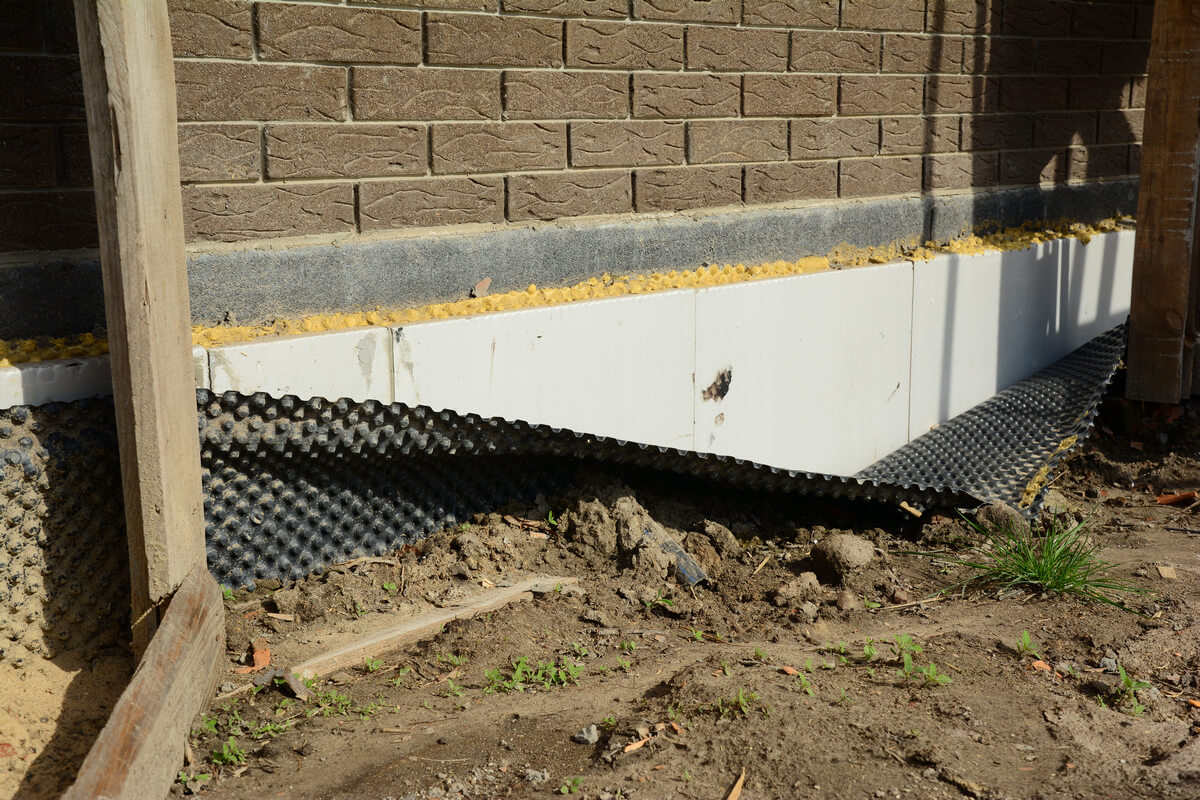
1. Foundation Problems
One of the first things your inspector should evaluate is the foundation of the home. When something’s wrong with the home’s foundation, it probably needs to be replaced completely. Replacing the foundation is very expensive, and in most cases, it’s not worth the money or the effort.
A damaged foundation can also be a sign that something is wrong with the ground around the home. Even if you replace the foundation, you may face more problems down the road.
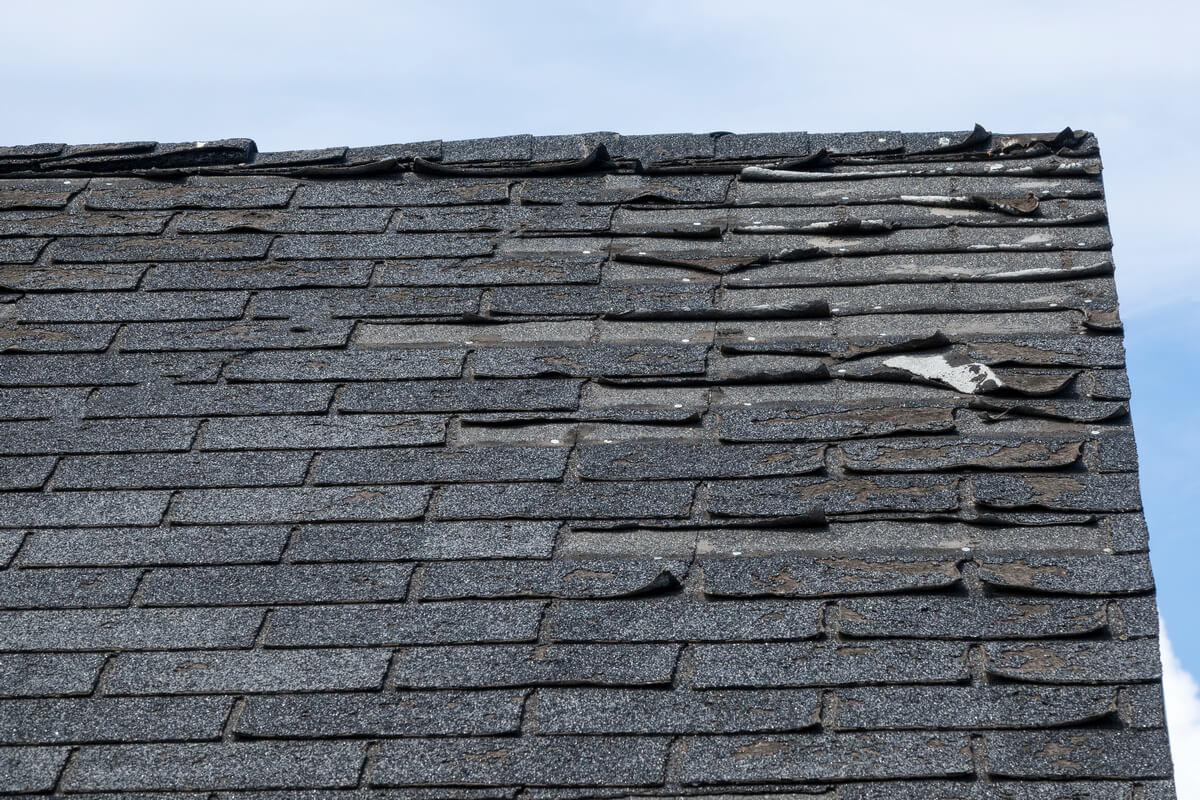
2. Old Roof
The roof is one of the most important elements to a home as it protects the rest of the house from extreme weather, pest problems, heat loss, water damage, and a number of other issues. The average lifespan of a roof depends on the material it’s made of, but an asphalt roof typically lasts between 15 and 30 years.
There are some key signs to look out for that indicate that the roof is nearing the end of its lifespan. If you see water stains or dark streaks, the surface may be worn out. Cracked or curling shingles are also a sign that the roof is old and is starting to wear down. Check the gutters for clogs, too. A clogged gutter leads to water buildup that can overflow onto the roof, which can cause serious damage over time.
You can’t always judge the strength of a roof by looking at it from the outside, so you should consider hiring a roof inspector to take a close look at the structure. Your inspector should tell you how many years your roof has left. A roof replacement usually costs between $5,000 and $15,000, so it’s no small repair for a new homeowner.
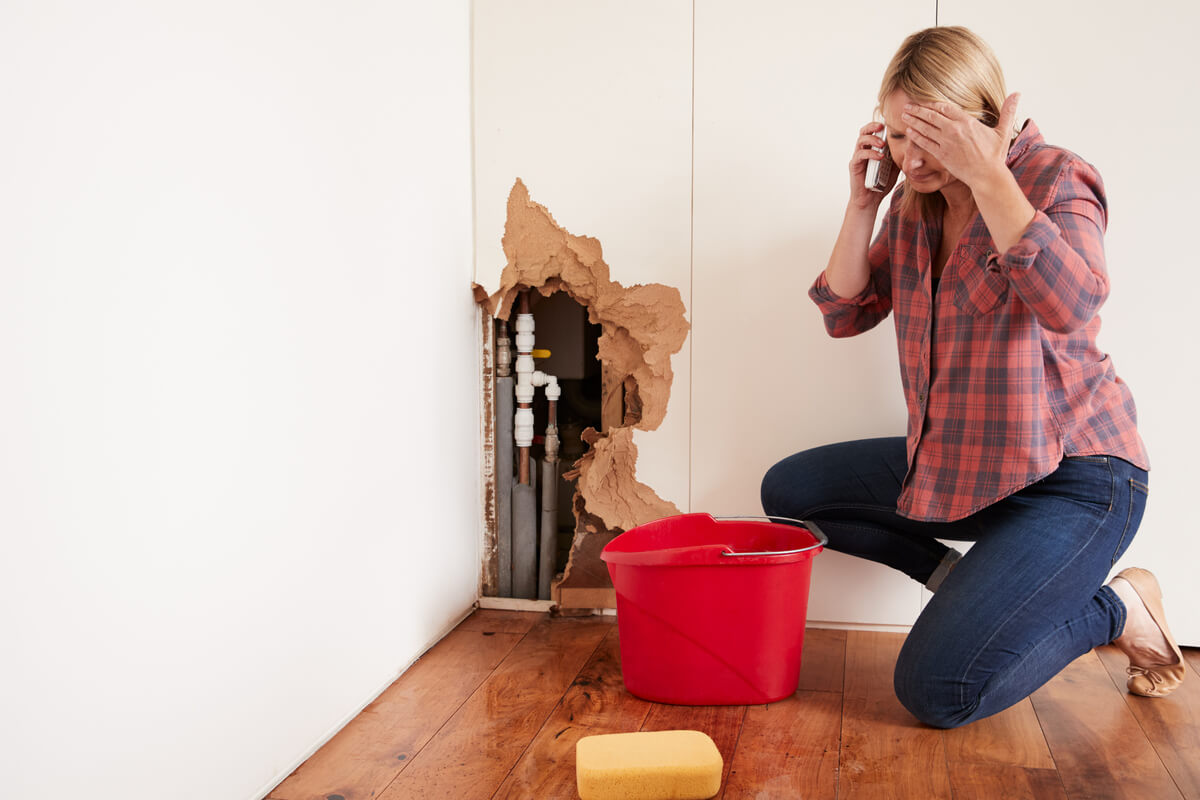
3. Major Plumbing Problems
While some plumbing issues are quick fixes, major repairs or replacements to your plumbing system are costly. If the home has plumbing problems, you should also expect there to be water damage throughout the property. This creates the need for even more expensive and time-sensitive repairs, which can be difficult to fund right after purchasing a home.
Some of the most common signs of a broken or outdated plumbing system include water pressure issues, leaky faucets, and a moldy smell in the home. Most of the pipework is underneath the floorboards, so accessing the system for repair is difficult and intrusive. If you love the home, you may be willing to deal with the plumbing issues. However, you should prepare to spend several thousand dollars on fixing or replacing the system.
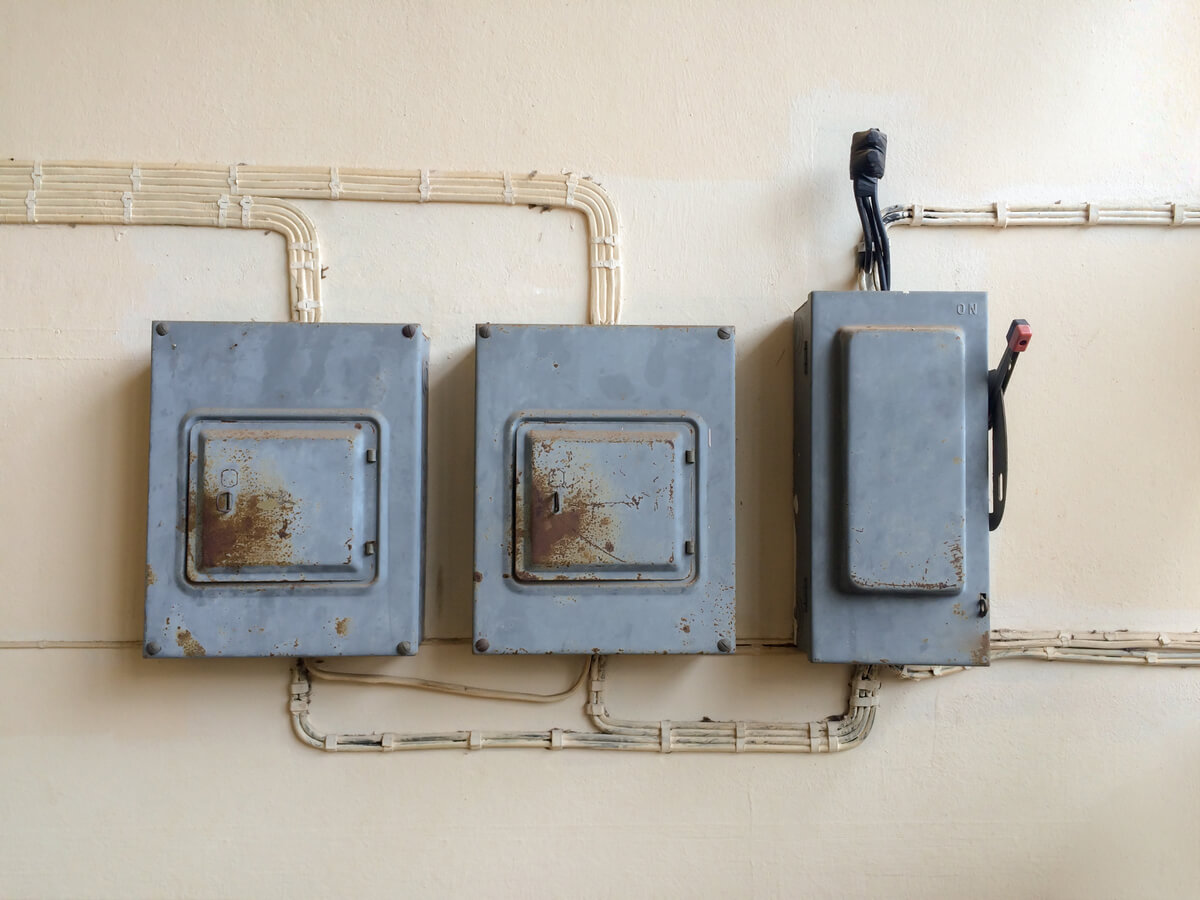
4. Old Electrical Systems
Like the plumbing system, repairing or replacing the electrical system in a house is costly and time consuming. Wiring systems are often disorganized, which makes it difficult for electricians to make adjustments. Depending on the size of the home, a new electrical system can cost anywhere from $2,000 to $10,000.
More importantly, a faulty electrical system is a serious fire hazard. Electrical problems are the cause of thousands of home fires every year. Today, there are strict codes to ensure safety, but homes that were built before 1960 may not follow these same standards. Exposed wires, flickering lights, and discoloration around the electrical outlets are all signs that something is wrong with the electrical system.

5. Gradient Sloping Toward the Home
Although the grading around your home isn’t a structural component or system within the house, it can still create problems. Water damage can be devastating for the foundation and structure of your home, especially if it goes unnoticed for a long time. If the gradient slopes toward your home instead of away, it’s a sign that water is draining into your home and affecting its foundation.
During your pre-inspection, the inspector should examine the perimeter of the home to look for potential problems with water drainage. You can fix gradient problems by adding dirt around the foundation, but there’s a good chance the home already has water damage due to the grading.
The last thing you want to do after you buy a home is spend thousands of dollars on repairs. If your pre-inspection reveals any of these problems, you’ll have to decide whether it’s worth negotiating with the seller or whether you should move on to other options. Whatever you decide, what’s most important is that you are fully informed about the well-being of the home before you close.
If you are coming to or are in the Northern Virginia area, be sure to check out the Neighborhoods of The Route 7 Corridor and use the Mortgage Calculator to see what your buying power holds!
I look forward to supporting you soon!

